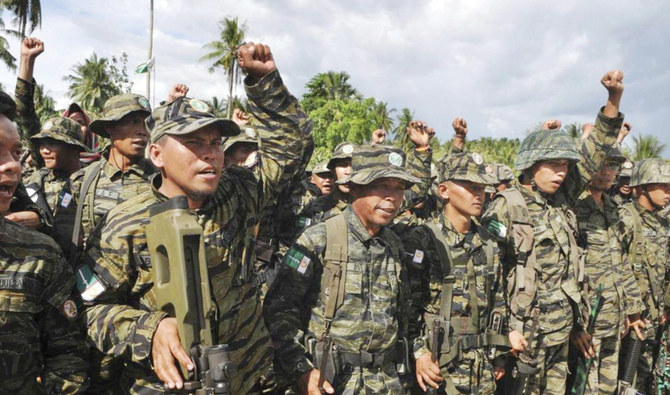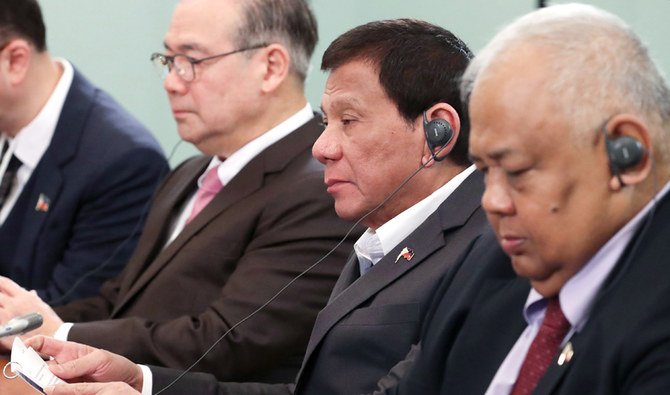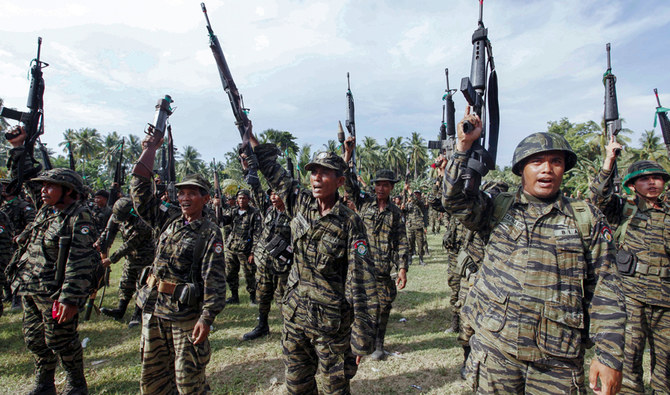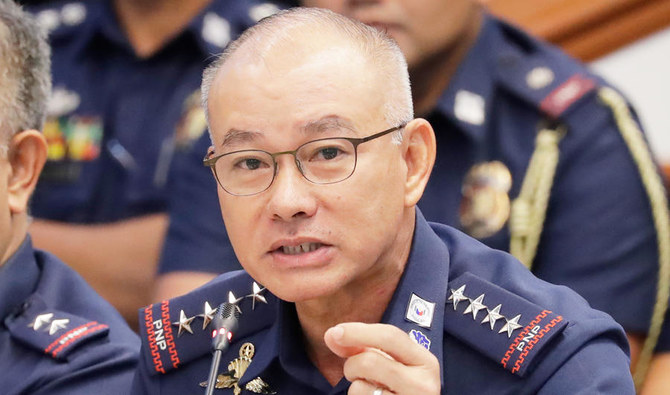angelburst29
The Living Force
Aug 07 2019 - Duterte will Never Let US Deploy Nukes, Mid-Range Missiles in Philippines

The Philippines will never allow the US to deploy nuclear weapons on its soil to counter China’s growing influence in the region, President Rodrigo Duterte declared, slamming Washington’s untrustworthiness even in small arms deals.
Following American withdrawal from the Intermediate-Range Nuclear Forces (INF) treaty with Russia last week, Washington made clear that it is now free to deploy ground-launched ballistic nuclear missiles with ranges of 500 to 5,500 kilometers anywhere in the world - including Asia, to counter China in the region, RT reported.
Manila, which has recently enjoyed closer ties with China, will never allow American plans to materialize on its soil, Duterte stressed on Tuesday.
“That will never happen because I will not allow it,” Duterte said, adding, “I will never allow any foreign troops... I don't want to fight China.” "You cannot place nuclear arms in the Philippines. That can never happen," he noted.
Duterte's Rejection of Post-INF American Nukes is Consistent With His Non-Aligned Foreign Policy - Eurasia Future
Not since Rizal has The Philippines produced a major national figure who prioritises internal development over aligning with one or multiple external powers as is the case in respect of President Rodrigo Duterte. As such, Duterte cannot be said to be for or against China nor the United States but instead he continues to seek pragmatic foreign relations based on expanding trade, procuring investment and protecting the internal security of The Philippines against narco-terrorism, religious terrorism and far-left terrorism.
Because of this, Duterte has sent shockwaves through western countries and the US in particular because as an Asian leader, Duterte naturally finds more commonality with fellow Asian leaders than with western ones. This includes Chinese, Japanese, Korean and fellow ASEAN states. This itself is in indication of a new era in which The Philippines is not choosing proverbial sides in Asia nor in the wider world.
It is in fact Duterte’s foreign policy shifts away from a formerly sheepish pro-western position that has incurred the ire of certain western governments that now seek to bully and harass The Philippines as a result of Duterte’s global non-alignment. All the while such duplicitous critics of Duterte invoke so-called concerns about Duterte’s pro-law and order positions as cover for their true motivation in seeking to defame Duterte.

The Philippines will never allow the US to deploy nuclear weapons on its soil to counter China’s growing influence in the region, President Rodrigo Duterte declared, slamming Washington’s untrustworthiness even in small arms deals.
Following American withdrawal from the Intermediate-Range Nuclear Forces (INF) treaty with Russia last week, Washington made clear that it is now free to deploy ground-launched ballistic nuclear missiles with ranges of 500 to 5,500 kilometers anywhere in the world - including Asia, to counter China in the region, RT reported.
Manila, which has recently enjoyed closer ties with China, will never allow American plans to materialize on its soil, Duterte stressed on Tuesday.
“That will never happen because I will not allow it,” Duterte said, adding, “I will never allow any foreign troops... I don't want to fight China.” "You cannot place nuclear arms in the Philippines. That can never happen," he noted.
Duterte's Rejection of Post-INF American Nukes is Consistent With His Non-Aligned Foreign Policy - Eurasia Future
Not since Rizal has The Philippines produced a major national figure who prioritises internal development over aligning with one or multiple external powers as is the case in respect of President Rodrigo Duterte. As such, Duterte cannot be said to be for or against China nor the United States but instead he continues to seek pragmatic foreign relations based on expanding trade, procuring investment and protecting the internal security of The Philippines against narco-terrorism, religious terrorism and far-left terrorism.
Because of this, Duterte has sent shockwaves through western countries and the US in particular because as an Asian leader, Duterte naturally finds more commonality with fellow Asian leaders than with western ones. This includes Chinese, Japanese, Korean and fellow ASEAN states. This itself is in indication of a new era in which The Philippines is not choosing proverbial sides in Asia nor in the wider world.
It is in fact Duterte’s foreign policy shifts away from a formerly sheepish pro-western position that has incurred the ire of certain western governments that now seek to bully and harass The Philippines as a result of Duterte’s global non-alignment. All the while such duplicitous critics of Duterte invoke so-called concerns about Duterte’s pro-law and order positions as cover for their true motivation in seeking to defame Duterte.







 .................
.................  Duterte - Putin will give you a ride ...
Duterte - Putin will give you a ride ...